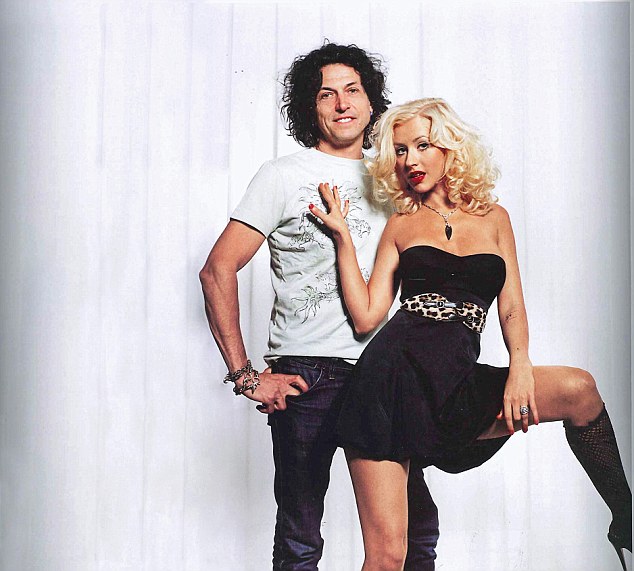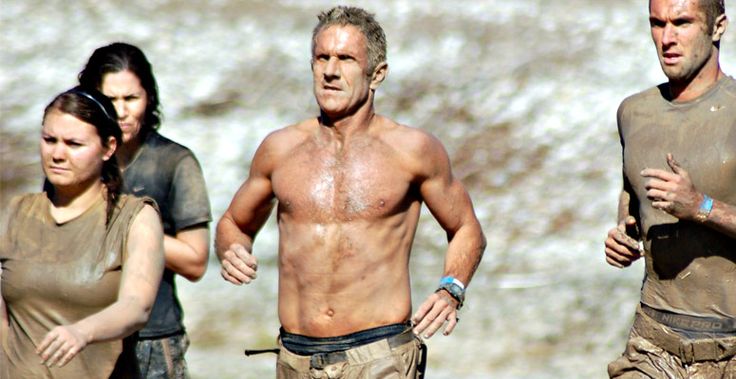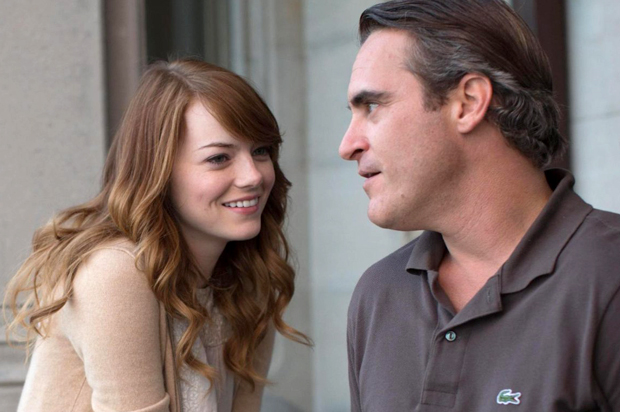Does anyone actually believe that a bunch of rich and entitled Baby Boomer rock stars could create The Dark Side of the Moon?
The following is a list of 10 Boomers who followed a similar fate:
1] David Bowie
2] Mick Jagger
3] Eric Clapton
4] Robert Plant
5] Jimmy Page
6] Bob Dylan
7] Billy Joel
8] Elton John
9] Alice Cooper
10 Neil Young.
Obviously, there’s something to be said for youth and immortality, in spite of the contradiction in terms.










![Jan 18, 2009; Glendale, AZ, USA; NFL on FOX analyst Terry Bradshaw during the trophy presentation following the NFC Championship Game between the Philadelphia Eagles and the Arizona Cardinals at University of Phoenix Stadium. The Cardinals won the game 32-25 to advance to Super Bowl XLIII. Mandatory Credit: Chris Morrison-US PRESSWIRE [Via MerlinFTP Drop]](http://Urbandystrophy.com/wp-content/uploads/2015/12/terry_bradshaw_52531463.jpg)